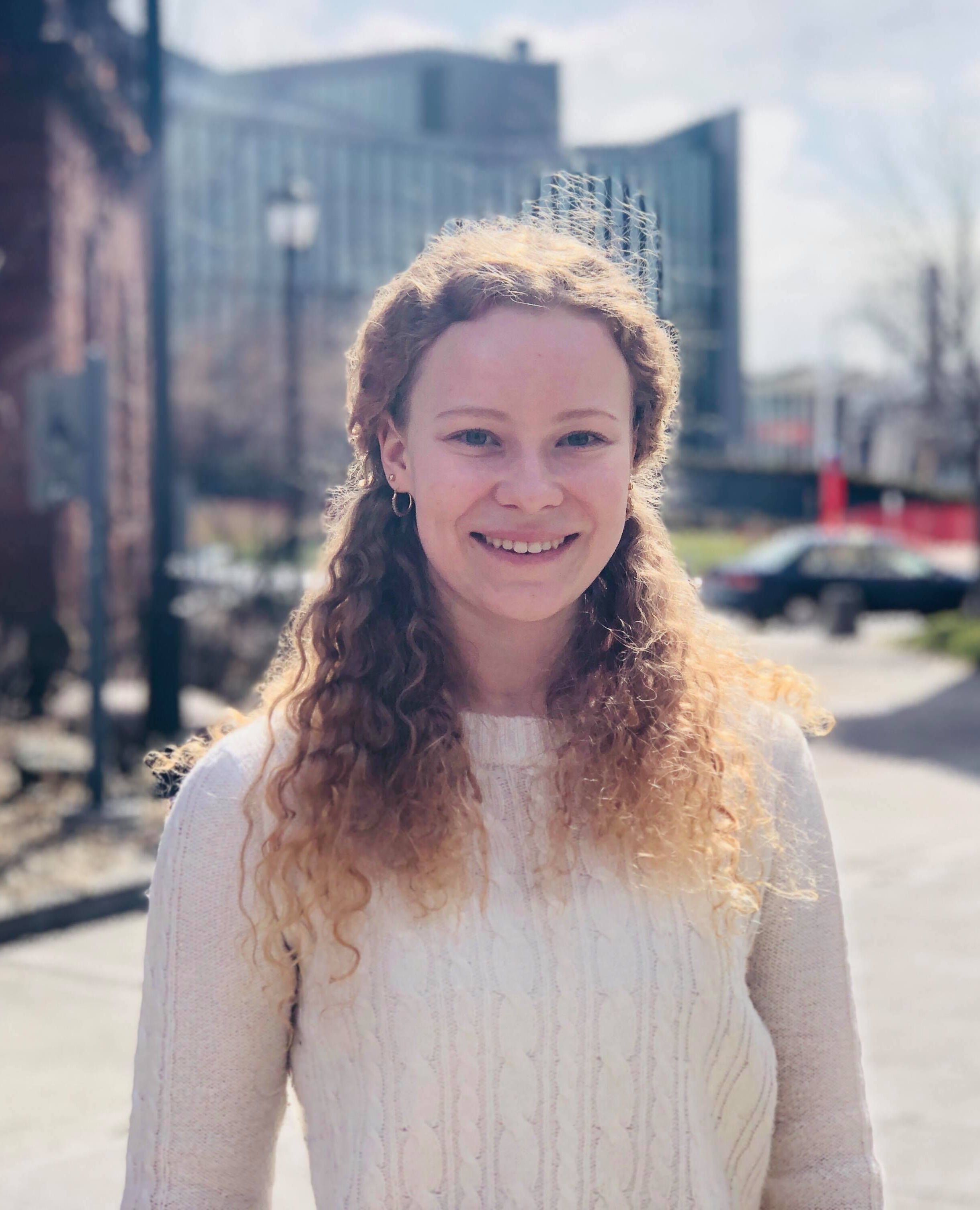Maria Tereshchenko, Biochemistry
 My leadership philosophy is rooted in the growth mindset, which focuses on our ability to develop as individuals through effort and determination. AB leaders, I believe that we are entrusted with the incredibly important role of creating opportunities for others to reach their potential and surpass their own expectations of their abilities. Through dedication, reliability, motivation, and compassion, leaders facilitate self-discovery and inspire the development of leadership qualities in those around them. I see leadership as the ultimate catalyst for the growth of individuals who are impactful, resilient, and have the ability to facilitate change within their community.
My leadership philosophy is rooted in the growth mindset, which focuses on our ability to develop as individuals through effort and determination. AB leaders, I believe that we are entrusted with the incredibly important role of creating opportunities for others to reach their potential and surpass their own expectations of their abilities. Through dedication, reliability, motivation, and compassion, leaders facilitate self-discovery and inspire the development of leadership qualities in those around them. I see leadership as the ultimate catalyst for the growth of individuals who are impactful, resilient, and have the ability to facilitate change within their community.
AB a first-year student, I experienced the value of mentorship through the First-Year Learning Communities (FLC) program. My upper-year mentors were instrumental in my transition to university, and showed me that leadership stems from the simple desire to impart your knowledge on others to enrich their experience. Idecided to pursue a peer mentor position in FLC, which gave me the incredible experience of mentoring a group of 15 first-year Life Science students to help them achieve their academic and personal goals in their first year and beyond. Through biweekly group sessions and one-on-one meetings, I guided my mentees through the challenges of first year, and later watched them go on to become leaders and mentors within FLC and other organizations on campus. Finding resources and developing opportunities for my mentees made me appreciate the crucial role of mentorship in giving others a framework to develop their aptitudes and discover their own leadership qualities. My two years as a peer mentor led me to become one of three FLC Senior Peer Mentors, a role in which I oversee the development of 22 mentors across the U of T campus. This position has allowed me to focus on the organizational side of leadership though designing and facilitating a multi-day mentorship training program, as well as providing mentors with consistent feedback on their mentorship plans and progress. I've also discovered the dedication and humility required to succeed in a such a leadership position, where you are not only sharing your own knowledge and expertise, but constantly learning from the ideas and experiences of others.
My interest in mentorship has also led me to explore other leadership opportunities in the broader U of T community. As a science student fascinated by disease mechanisms, I co-founded the Neurodegenerative Disease Society of Toronto, a campus organization dedicated to raising awareness for neurodegenerative diseases. My co-president and I recruited a team of dedicated executives and have since overseen the execution of numerous events, including an annual conference that has attracted students and researchers from outside of Toronto. In this context, leadership became the ability to motivate our executive team to strive for perpetual improvement and expansion of our scope as an organization. Now in our third year, our conferences have been funded by Parkinson Canada and hosted world-renowned researchers in neurodegeneration such as Dr. Andres Lozano and Dr. Anthony Lang, thus allowing us to realize our vision to educate and inspire a new generation of scientists.
In a more artistic capacity, my background in dance incited me to become a member and co president of the Victoria College Dance (Vic Dance) team. This position gave me a prominent role in challenging my team with new dance styles, choreography, and performance opportunities to enhance our development as dancers and artists. This has allowed me to foster resilience and creativity within our team, and share our talents and artistry with the rest of the U of T community.
In addition to my extracurricular experiences, I have been gaining interest in enhancing my leadership skills in an academic and professional context. I am currently participating in a Capstone course that focuses on mentorship in learning communities and higher education systems, where we are studying the multidisciplinary theory of mentorship and gaining further practical experience as mentors to a class of first-year students. The transformative nature of leadership for both the mentor and the mentee is becoming even more prominent through my studies, and allowing me to develop skills that I hope to transfer to my future role as a student, collaborator, and mentor in a research environment.
Overall, my leadership positions have enhanced my experience at U of T by allowing me to take charge of my own learning and personal development to foster an environment of growth and self-discovery for others. I hope to continue to inspire others to discover their potential so that they can make the most of their university experience and future pursuits, and become empowered to carry the torch and enrich the community around them.